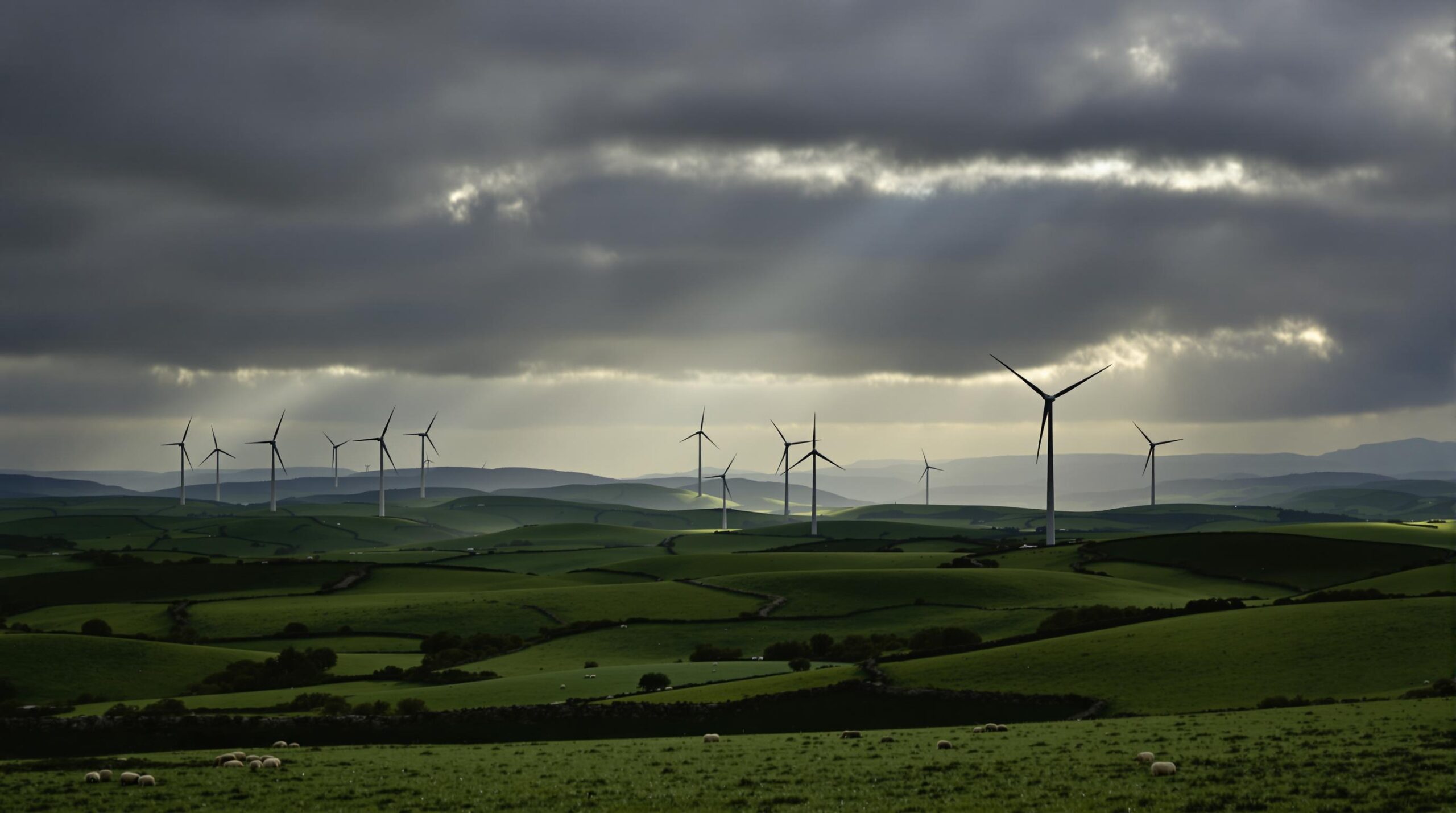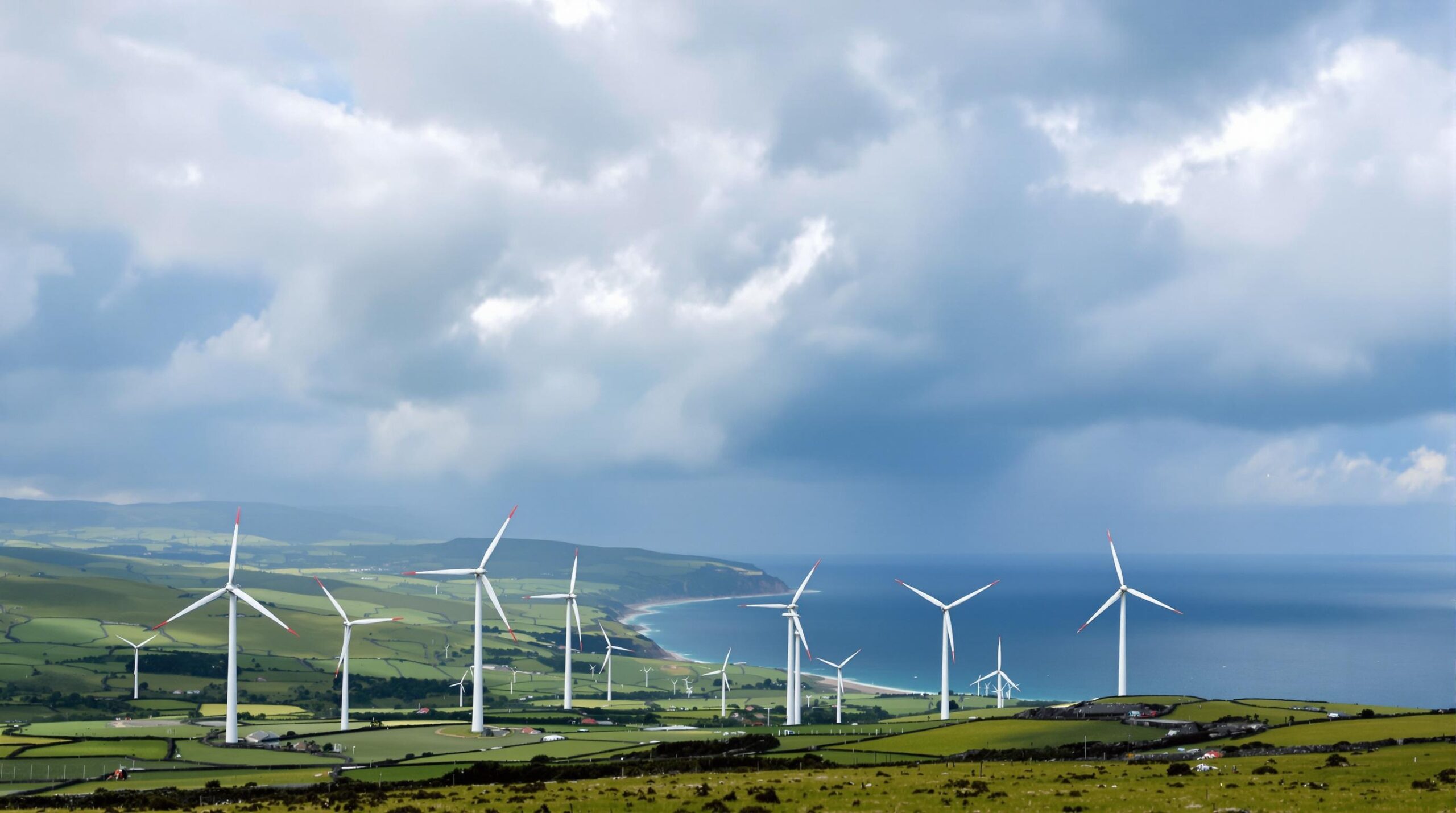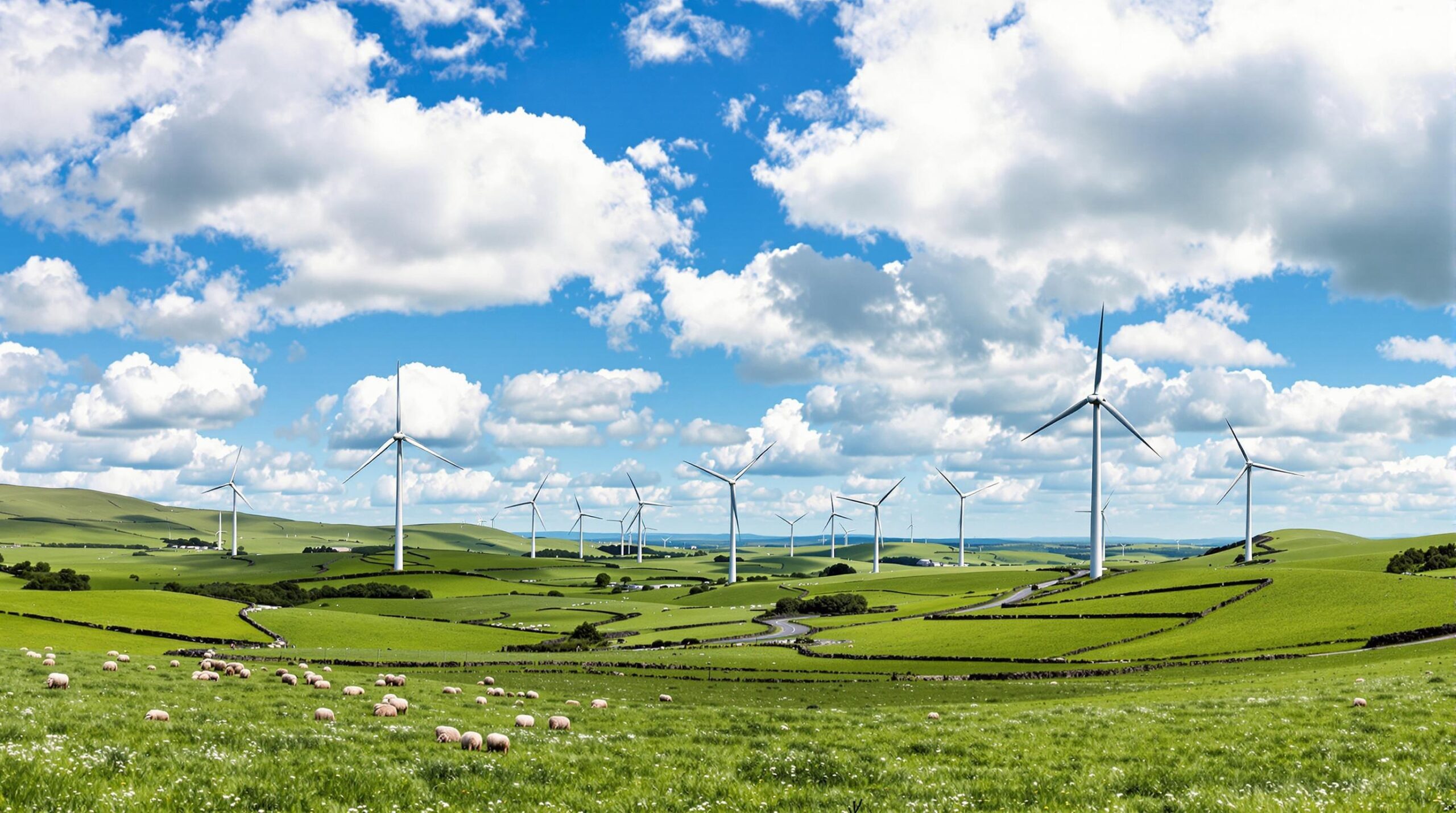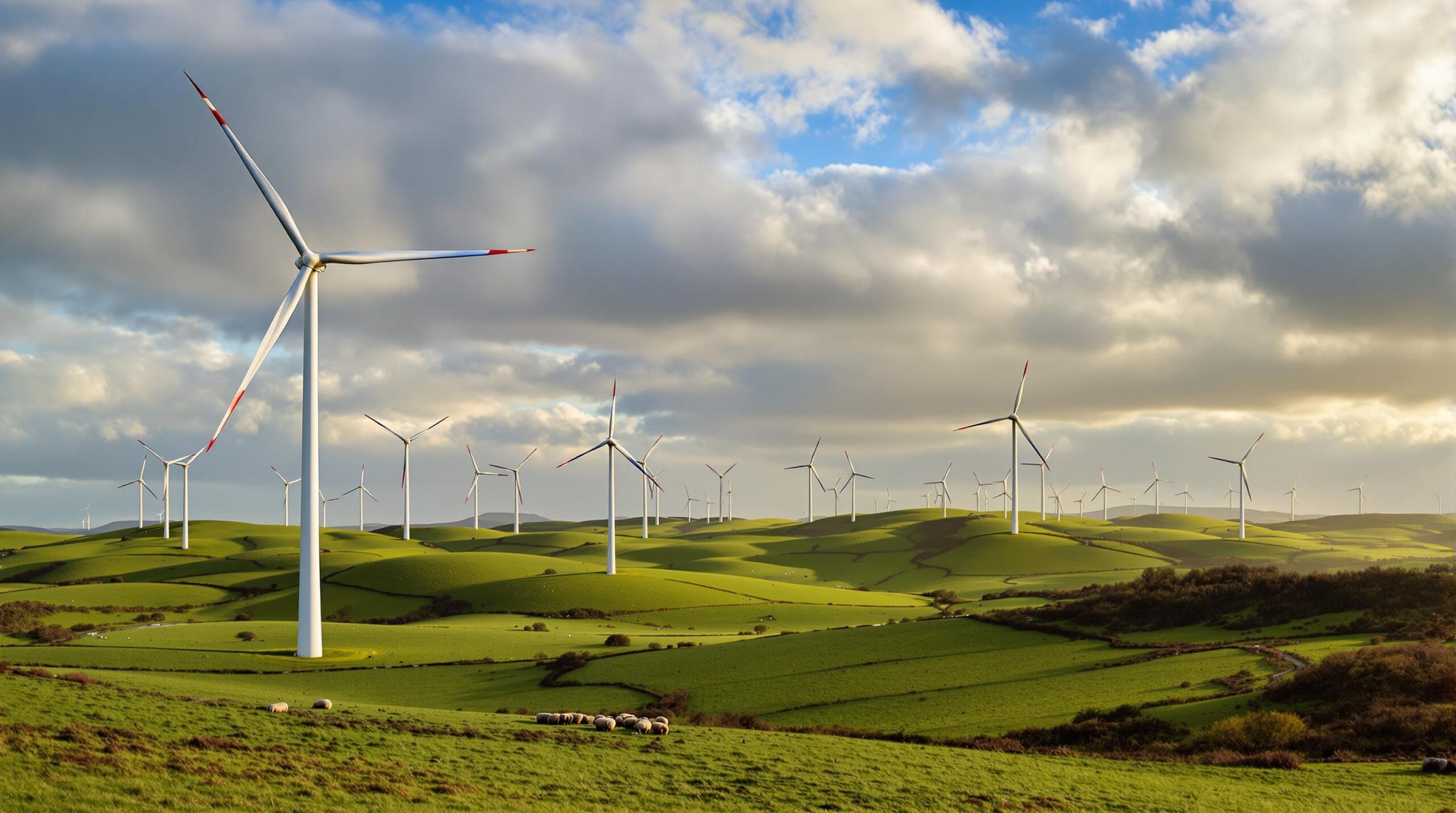Wales’ Green Dream or Environmental Nightmare? The Dark Side of Wind Power They Don’t Want You to Know!
Wales, a land of stunning natural beauty and proud traditions, is increasingly becoming synonymous with wind power. But behind the gleaming facade of green energy lies a controversy that’s dividing communities and raising serious questions about the true cost of this renewable revolution.
For years, Welsh politicians have championed wind farms as a vital component of the nation’s commitment to combating climate change. Ambitious targets have been set, and vast swathes of the countryside have been earmarked for development. But at what price?
The Visual Impact: Beauty Sacrificed on the Altar of Renewables?
One of the most visible impacts of wind power in Wales is the dramatic alteration of its iconic landscapes. Rolling hills, once admired for their untouched beauty, are now dominated by towering turbines, some reaching hundreds of feet into the air. Opponents argue that these industrial structures are a blight on the landscape, diminishing the natural charm that attracts tourists and defines Welsh identity.
“They’re turning our precious countryside into an industrial park!” exclaims Gareth Edwards, a local farmer from Powys. “We’re losing the very thing that makes Wales special.”
Noise Pollution: A Constant Hum of Discontent
Beyond the visual impact, wind turbines also generate noise. While proponents claim that modern turbines are relatively quiet, residents living near wind farms often report constant humming, whooshing, and even infrasound, which can be particularly disruptive and affect sleep patterns.
“It’s like living next to an airport,” complains Mary Jones, who lives near a wind farm in North Wales. “The noise never stops, and it’s driving me mad.”
The Impact on Wildlife: Birds and Bats in the Crosshairs
Environmental groups have also raised concerns about the impact of wind turbines on wildlife, particularly birds and bats. Turbines can pose a significant collision risk, and many birds and bats are killed each year by spinning blades. Migratory routes can be disrupted, and local populations can be decimated..
The RSPB Cymru acknowledges that wind energy can play a role in combating climate change but emphasizes the need for careful planning and mitigation measures to minimize the impact on vulnerable species.
The Economic Argument: Who Really Benefits?
Proponents of wind power argue that it brings economic benefits to Wales, creating jobs and generating revenue. However, critics contend that many of the jobs are temporary and that the profits primarily flow to foreign companies, leaving local communities with few tangible benefits.
Furthermore, concerns have been raised about the impact of wind farms on property values, with some studies suggesting that homes located near wind farms can experience a significant decline in value.
A Balanced Approach: Finding a Sustainable Path Forward
The debate over wind power in Wales highlights the complex challenges of transitioning to a sustainable energy future. While renewable energy is undoubtedly essential, it’s crucial to consider the full range of environmental, social, and economic impacts.
Finding a balanced approach that protects Wales’ natural beauty, respects the concerns of local communities, and delivers genuine economic benefits is paramount. It’s time for a frank and open discussion about the future of wind power in Wales and a commitment to ensuring that the pursuit of green energy doesn’t come at the expense of the nation’s unique heritage and environment.



